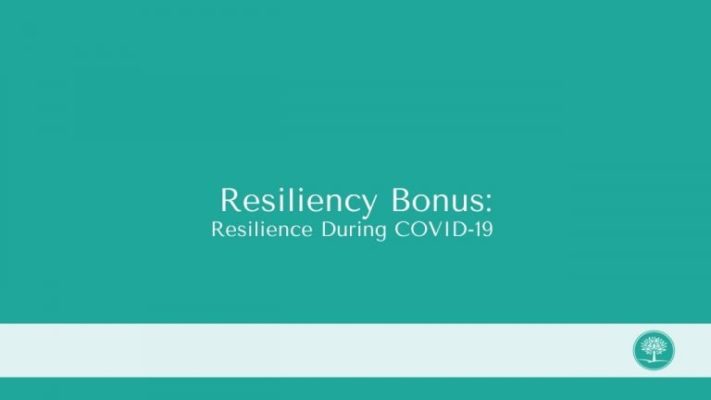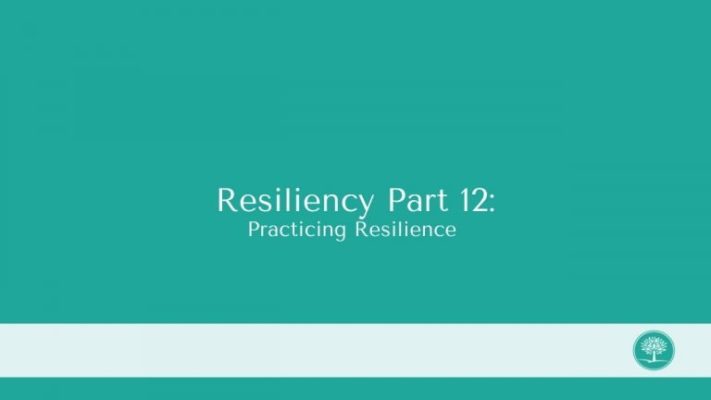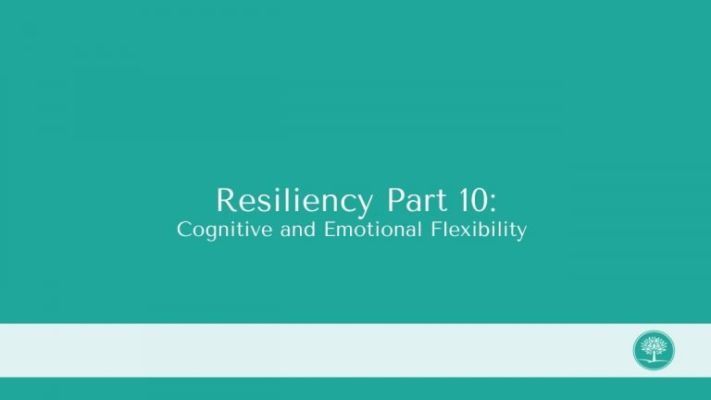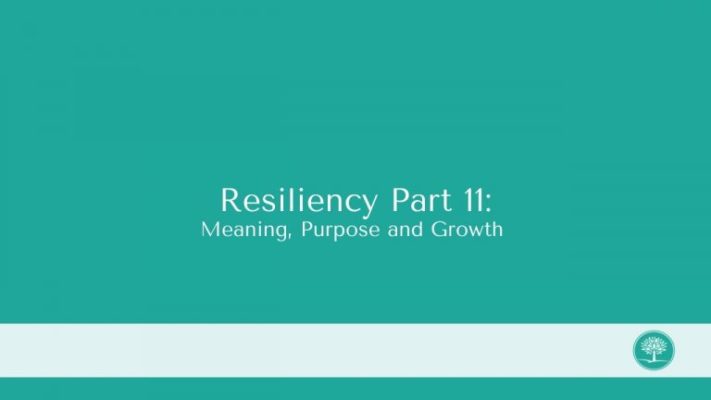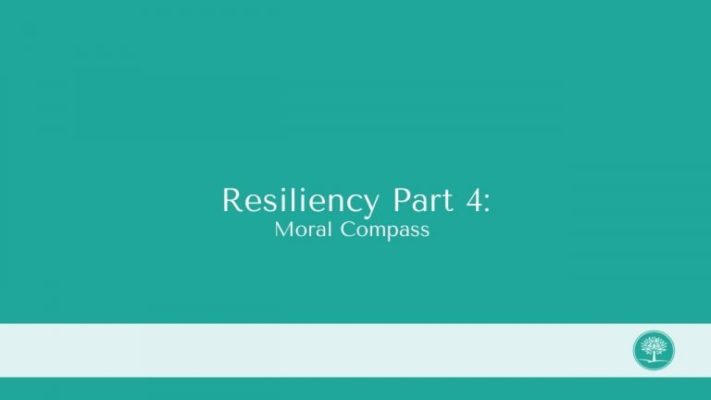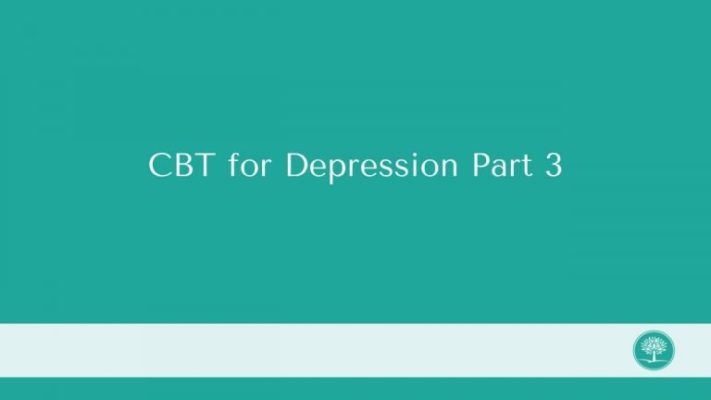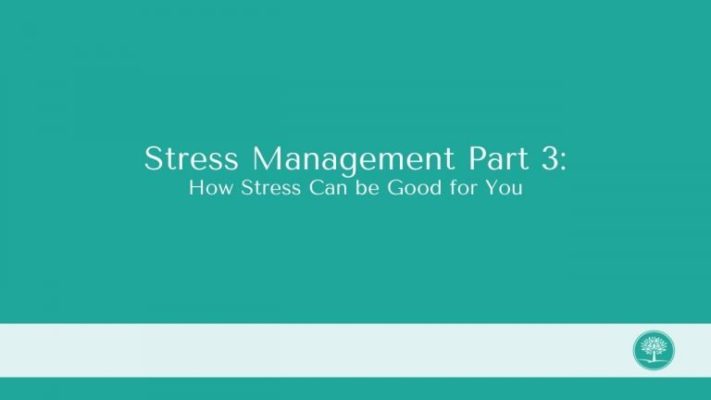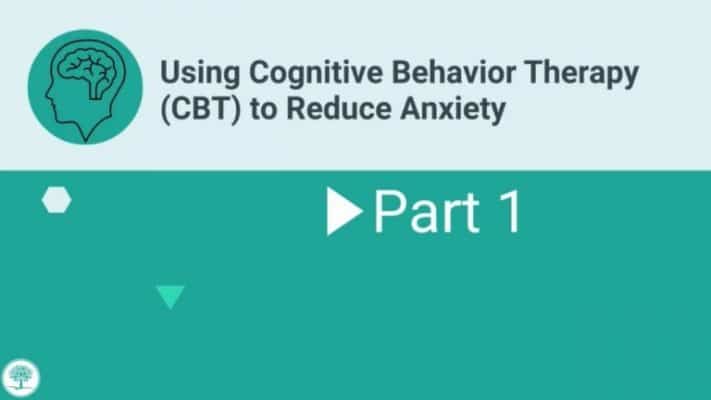COVID-19 is testing us all in different ways. Learning how to find balance is an important part of staying resilient right now.
Videos Resources for Addiction, Recovery and Mental Health
To provide a full spectrum of resources for those living with addiction or mental health conditions and their loved ones, The Recovery Village created several video series about addiction, co-occurring disorders and recovery.
Building resilience does take practice, but this can be done in a way that feels natural and organic to your lifestyle for an optimistic lens towards the future.
Dealing with stress and confronting different situations requires flexibility in your thoughts and emotions. This resiliency is captured best in the Serenity Prayer.
When you have a self-defined sense of meaning and purpose, it can help you frame struggles as a path to growth and build opportunities for good changes.
Your moral compass can provide you with strength in challenging situations. This involves identifying your core values and being honest with yourself.
In part three of this video series, learn behavioral strategies to help you when you’re experiencing depression, and integrate these small steps into your life.
Stress isn’t always bad. Stress can push us to succeed in different ways of our lives, if you learn how to harness it.
While worrying is normal, healthy living requires being able to let go of needless worries. This guide explores specific strategies, such as examining the costs versus benefits of worrying.
CBT uses a “cognitive triad” to help you identify thoughts that might be part of your depression. You can learn to dispute those thoughts in the triad.
Negative thinking and distortions can contribute to depression. Challenging these is an important part of cognitive behavior therapy, or CBT.
CBT is a way to understand your thoughts and feelings, and learn how to identify thinking distortions and dispute them to improve your anxiety symptoms.
Stress management can help you deal more effectively with the stress throughout daily life. It can also prevent chronic stress.
